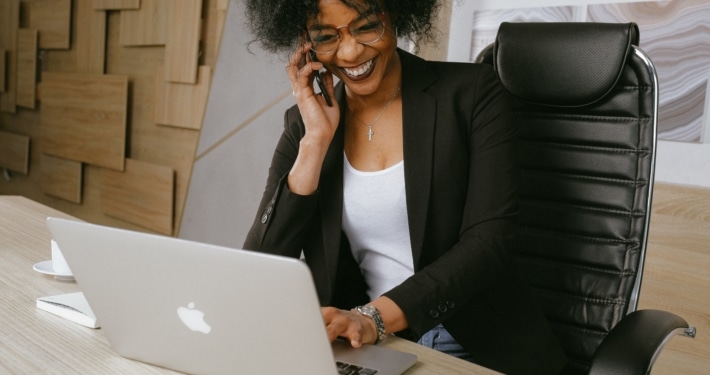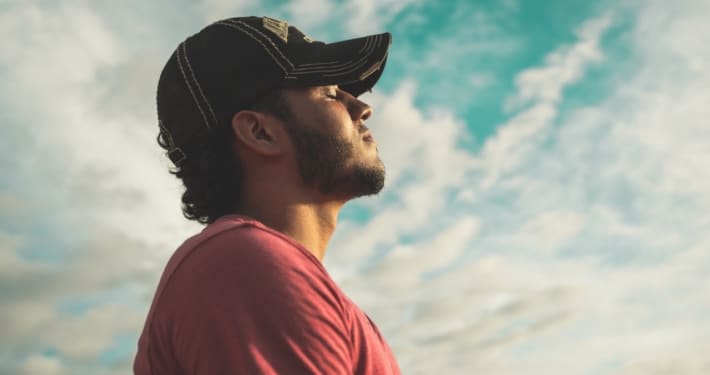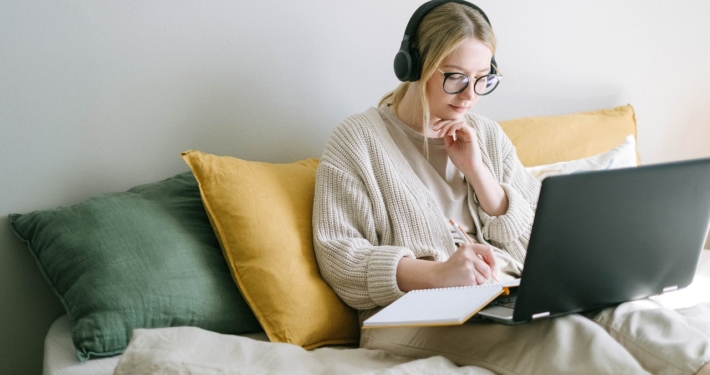How curiosity can give you a mental and physical boost
Dec 15, 2020
Mr. Elwood: Dr. Kim
Dr. Kim: Hi Mr. Elwood
Mr. Elwood: Today, we’re talking about curiosity. Yes?
Dr. Kim: Yes
Mr. Elwood: Okay, so I know that you believe curiosity is an important thing. Can you tell us overall, why you think that?
Dr. Kim: I think it is more important than pursuing happiness. I think it engages us in our lives and I know from studies that it is a fulfillment that happens and can create meaning to different things. Different things in relationships, in a motion, in the world around us so that we’re never bored but engaged.
Mr. Elwood: From a mental health perspective? What is the benefit of curiosity?
Dr. Kim: Curiosity is great to use for mental health. First of all, everybody can access it and doesn’t take any extra effort or any extra power. You don’t have to white-knuckle through it, but to add curiosity even to feelings or emotions like depression it decreases that intensity of depression. If you are curious about where the depression started and how it lessens through the day or even anxiety, and where it started. How can it diminish or decrease intensity and the different emotions that happen with mental health? Fear and anxiety have a hard time existing but when you add curiosity it can happen. There is something that happens that helps give a new perspective to the issues that you are feeling. An intensity inside and the environment pushing on you.
Mr. Elwood: So how does that happen? What does curiosity do, that allows that to happen?
Dr. Kim: In a different perspective, you are observing and experiencing a situation or an internal feeling at the same time that you are experiencing it. You’re also then the observer and that is one of the definitions of moving through healing is when you can become the observer of your own experience, so curiosity adds that piece where you can access being the observer, being engaged in your own experience and creating meaning or fulfillment from that experience. Even if you would define that experience as negative, now something comes from it that flourishes in that you learn something about yourself, about the world around you, about others in relationship with you, the relationship you have with your own emotions that you feel, and even being curious about not feeling about numb. That’s also a place that can then access a place where you become more fulfilled in your emotional experience with the world around you.
Mr. Elwood: How can we foster curiosity or encourage people to access it more?
Dr. Kim: It’s practice or being aware that curiosity is there for you to access. A lot of times we can get inspired by being around really young children because it is innate in us to be curious but we have been trained out of it. We’ve been trained to be entertained when we’re bored rather than engaging and coming forward in our own life. So, we can practice that and one of the ways that I asked people to practice that coming forward in curiosity is to play a game. Let’s say you have a game night with your family, pull back, and don’t be curious and just play the game just automatically. You’ll notice it’s not much fun, but then come and become curious about the game and see how engaged you are. Curiosity and the unexpected experience of the outcome or the uncertainty of the outcome adds more fun to the game. This is a place where law of relativity and time just goes so fast that when you’re engaged in curiosity time flies just like that but when we’re disengaged, we’re not curious and time ticks on and on. So, practicing in those small ways and adopting it as a way of life, as a way of looking at the world around you. That’s a good way to access curiosity.
Mr. Elwood: Curiosity also has physical benefits?
Dr. Kim: Yes, and studies show that health benefits using curiosity are magnificent or highly marked. So, there’s a study about 60- 80 year olds. They did a 12-year study and they found, those who accessed curiosity had a much more fulfilling and physically healthier life. Healthier in the ways that they had less cancer, they had fewer trips to the doctor and they had more access to physical function and mobility. So, this place where curiosity not only benefits mental health, it also benefits physical health as well.
Mr. Elwood: What would be a way to remind yourself to be curious more often? Is there something that you do where you know ask yourself, “Hmm. I wonder about this situation.” or is there a tip that you would offer?
Dr. Kim: The place is to use those sensations or that thought of “I’m bored” or “this isn’t fun” as a trigger to be curious. You can access the curiosity by using those sensations or those thoughts that say “Hey, I need to add curiosity here.” That’s what I find I do is when I start becoming disengaged. When I pull back from my life, that’s a signal and if you use those pieces for signals, then the whole world opens up so that you experience this. That’s my signal to be curious about boredom and to be curious about what would feel better right now. Those are the pieces you can do to access curiosity, use those signals to help you.

I think it is more important than pursuing happiness. I think it engages us in our lives and I know from studies that it is a fulfillment that happens and can create meaning to different things.







